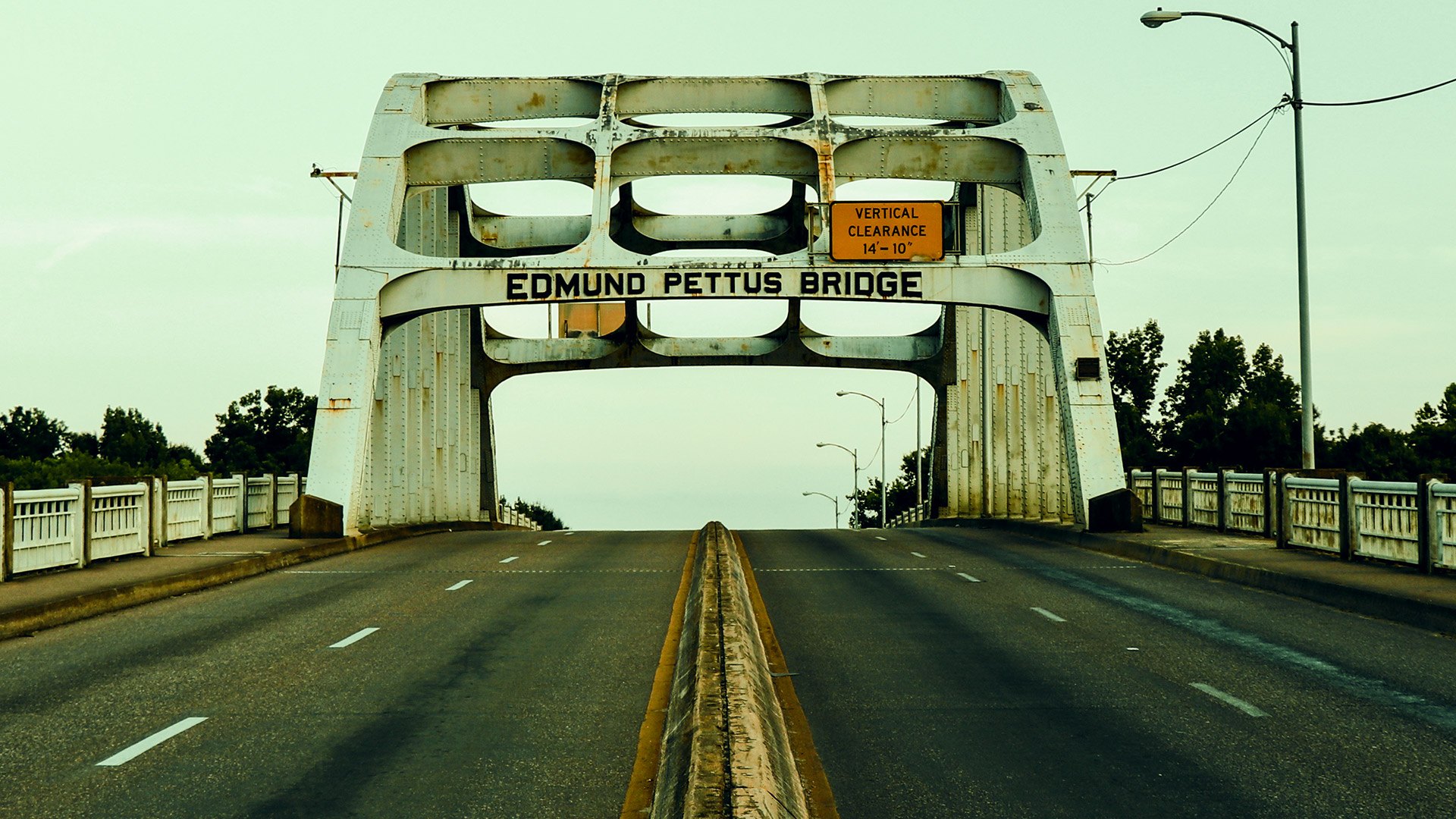U.S. Rep. John Lewis: A First Amendment Champion

Whenever the First Amendment’s 45 words ring out, whenever a voice for justice seizes our attention by using its core freedoms to power our democracy, John Lewis will be there.
Lewis, 80, iconic civil right hero, longtime Georgia congressman, pugnacious fighter for voting rights, courageous Freedom Rider and self-described seeker of “good trouble” in the cause of equality, fairness and human rights, died July 17, 2020, after months of battling pancreatic cancer.
Few people in history have so exemplified the hopes of the nation’s founders that the First Amendment’s strong protection for the freedoms of religion, speech, press, assembly and petition would enable future generations to make this country a better place. Lewis was masterful in deploying those freedoms in that very work.
His public image was imprinted on the nation’s consciousness as he powerfully used the freedoms of religious belief, speech, press, the right to assemble and the right to petition the government for a “redress of grievances.” He did that from the early 1960s in sit-ins at Nashville lunch counters and the Freedom Rides challenging segregated bus terminals; from the steps of the Lincoln Memorial during the 1963 March on Washington to 1965’s “Bloody Sunday” at the Edmund Pettus Bridge; from student civil rights organizer to more than 30 years in the United States House of Representatives, where he took on a mantle offered by others as the “Conscience of Congress.”
Lewis often spoke from the heart, but also joked that he had used his head in pursuit of social justice and the fight against racism – literally. When a planned 54-mile march from Selma to Montgomery, Ala., to call for expanded voting rights for Black citizens ended in violence at the Edmund Pettus Bridge, a state trooper beat Lewis with a nightstick so severely that it caused a skull fracture.
Images of that police riot – with Lewis’s fall captured in a dramatic photograph – shocked the nation and led to congressional approval of the landmark Voting Rights Act, signed into law a short time later by President Lyndon B. Johnson.
Lewis spent his life challenging injustice where he saw it, whether on the street, in the boardroom or on the floor of the House.
He was arrested at least 45 times, including several times while serving in Congress. In 2016, Lewis helped lead a 26-hour sit-in on the House floor by Democrats frustrated by a lack of national response to gun violence in America.
Lewis did not live in his past days of activism nor dwell on his many accomplishments – and while he would always stand ready to forgive, he did not forget. Only months ago, he pledged to visit the nation’s southern border and be arrested once again, to protest immigration policies that he felt violated basic human rights.
The Associated Press reported that Lewis wept watching the video of George Floyd’s death at the hands of police in Minnesota: “I kept saying to myself: How many more? How many young Black men will be murdered?” Yet, the AP report said, he “declared, or at least dared to hope: ‘We’re one people, we’re one family. We all live in the same house, not just the American house but the world house’.”
On June 7, he visited the Black Lives Matter Plaza street painting in Washington, D.C., calling it a “powerful work of art” and saying it was “a mighty, powerful and strong message to the world that we will get there.”
Want to know the details of the life of this remarkable man? He co-wrote a graphic novel trilogy, “March,” with Andrew Aydin, about his life and the civil rights movement, published in 2013, with a sequel, “Run,” released in 2018. A documentary about Lewis titled “Good Trouble” was released in June 2020, and he was the subject of a book by acclaimed author Jon Meacham, “His Truth Is Marching On: John Lewis and the Power of Hope.”
In his public comments, Lewis spoke in measured tones softened with a Southern lilt, acquired he said, when preaching at a young age to the family chickens that were his chore to tend. He used that voice to create verbal images that will linger for some time.
The last living speaker from the 1963 March highlighted by the Rev. Martin Luther King Jr.’s “I Have a Dream” speech, Lewis was cajoled into toning down his planned criticism of the then-Kennedy administration’s civil rights record.
Nonetheless, Lewis, then just 23, energized the massive audience in advance of King’s remarks when he declared, “By the force of our demands, our determination and our numbers, we shall splinter the segregated South into a thousand pieces and put them together in the image of God and democracy. We must say: ‘Wake up, America! Wake up!’ For we cannot stop, and we will not and cannot be patient.”
Throughout his public service, Lewis never stopped encouraging others – particularly younger Americans – to “make some noise” via their freedoms of speech, reminding them to also gain attention through the news media.
Lewis often told listeners that, “If it had not been for the press, the civil rights movement would have been like a bird without wings.”
In 2017, the Freedom Forum, a nonpartisan foundation dedicated to fostering First Amendment freedoms for all, awarded Lewis a Free Expression Award for Lifetime Achievement. At one of several speeches at the Freedom Forum’s Newseum, Lewis said, “I don’t know where this nation would be, I don’t know where I would be today without the guarantees of the First Amendment.”
I suspect we all can answer those two rhetorical questions. Without the guarantees of the First Amendment, our nation would be poorer in spirit, equality and civic health.
And where would John Lewis be? I’ve no doubt – First Amendment or not – that he would be on the front lines of a righteous cause, bolstered by deep faith, forcefully speaking and writing, organizing and inspiring others to join that movement, while demanding justice for all.
A lifetime of public service that led to public good. A life that was unique, energized, engaged and inspiring. And a First Amendment freedom legacy for the ages.
Gene Policinski is a senior fellow for the First Amendment at the Freedom Forum. He can be reached at gpolicinski@freedomforum.org.
Why Government Can’t Restrict Speech It Doesn’t Like: Viewpoint Discrimination Explained
Commercial Speech and Truth in Advertising: Everything to Know
Related Content

